
Disney / Buena Vista
Somewhere in the special features 60th anniversary release of The Sound of Music (you can also find it on across all physical and digital media), there’s a video of the real Maria von Trapp teaching Julie Andrews to yodel.
It’s fun (and mildly awkward), but it also shows us just how much of a gap there was between the real and fictional Marias. Yodeling is something the real Trapp Family Singers did a lot and that movie Maria doesn’t do at all.
And with good reason: Julie Andews is a brilliant singer, but a convincing yodeler she is not.
Alpine crooning is the least of the ways in which the 1965 movie version of Rogers and Hammerstein’s The Sound of Music diverges from reality.
I would venture that none of the seven different attempts to tell the Trapp Family Singers’ story—not even Maria Von Trapp’s own 1949 memoir, The Story of the Trapp Family Singers—is completely accurate.
But the movie inhabits a universe of its own, and I’m not just talking about novice nuns twirling around on mountaintops.
To begin with, Maria didn’t actually teach the Von Trapp children to sing. That was their father Georg, a former officer in the Austro-Hungarian Navy, who was not remembered by his children as the harsh disciplinarian played by Christopher Plummer but a gentle, indulgent father. Maria’s contribution was to turn their family singing group into a business after the Great Depression wiped out Georg’s fortune.
According to the Von Trapp children, it was actually Maria who cracked the whip.
Many of them remarked in later life that whenever one of them tried to leave the group, Maria would guilt or browbeat them into staying. How do you solve a problem like Maria?
As for Georg, Maria later confessed that she liked the Captain but didn’t love him, and she married him mainly for the sake of the children.
Reality isn’t really where the movie sings and dances. The Sound of Music would have us believe that the Von Trapps escaped from the Nazis in the dead of night, when all they really did was get on a train to Italy. “Climb Every Mountain” is the score’s spiritual summit: but if the Von Trapps had actually climbed over those mountains, they’d have been “escaping” Austria back into Nazi Germany (“Don’t they know geography in Hollywood?” the real Maria asked).
All of this notwithstanding, The Sound of Music endures—not as a failure of historical realism (or a failure to yodel), but as a defiance of the dark ironies and moral compromises that real life inevitably forces on us. It is musical serotonin.
The original musical achieved this subtly; the movie script (by frequent Robert Wise collaborator Ernst Lehman) does it with abandon.
The original stage production actually gave us insight into Georg’s attraction to the Baroness, even some context for Austria’s annexation into the Third Reich. “No Way to Stop It” was Max and the Baroness’s ode to fatalistic self-interest; in “How Can Love Survive?” Georg and the Baroness lament that they’re probably too rich to fall in love.
These songs are probably unmissed, but they do provide dark notes for the lighter songs to rise above. You can more easily imagine Georg sending the kids to boarding school if Maria hadn’t shown up with her guitar.
Many Rogers and Hammerstein musicals depend on simple, cornfed heroines like Maria who keep believing in spite of all the Baronesses. “I Have Confidence in Me,” a song written for the movie, actually pokes a little fun at Andrews’s trademark earnestness: Maria’s confidence disappears as soon as she meets the brooding Captain Von Trapp, who looms in the doorway like a Hammer Films Dracula.
Our leads embody their roles perfectly, although at times they seem to be in two different movies.
Reportedly, Christopher Plummer depised the film (he’s said to have called it “The Sound of Mucus”). Even so, he plunges into his role with devilish charm. The part of Captain Von Trapp is thankless. At the beginning he’s remote and frosty, at the end he’s staunch and courageous, but essentially his character is written with all the emotional range of a concrete slab.
Plummer plays the Captain’s big scenes with all the required gravitas, but occasionally he slips in little sly notes—a mocking tone here, a droll sidelong glance there—that signal that Georg has something approaching a personality.
It’s needed because otherwise we’d have a hard time figuring out exactly why Maria fell in love with him.
The Captain’s romance with Maria is a foregone conclusion. They get together not because we want to see them together, but because the story demands it. “Something Good,” another song written for the movie (Plummer’s voice is looped by Bill Lee, the male Marni Nixon) is the closest we get to understanding Maria’s interest in Georg or vice versa: “Somewhere in my youth or childhood I must have done something good.” In other words, love is God’s way of rewarding virtue. It’s a softer, mellower version of “Climb Every Mountain,” in which Mother Superior essentially commands Maria to break her vow of celibacy.
That said, Plummer and Andrews do not have detectable chemistry.
Sometimes he stares at her like a snake eyeing a bunny. He actually has more of a spark with Charmian Carr, who plays his daughter Liesl (Carr later admitted to a “huge crush” on Plummer, but there’s no truth to the longstanding rumor that she had an affair with her movie dad). Emotionally, Carr bridges the gap between the leads: she’s hopelessly naïve when confessing her love for Rolf the Nazi messenger boy (Daniel Truhitte), coy when she asks her father if she can stay at the ball and taste her first champagne.
Plummer and Andrews may not work as a couple, but they come off well as parents.
The other kids kind of blend in. Brigitte (Lost in Space’s Angela Cartwright) stands out as the bookish one, Gretel is the cute one, and who the hell knows about the others. The movie doesn’t help by putting them in matching outfits, including the famous play clothes made from curtains.
These outfits are mainly worn during the extended performance of “Do Re Mi” that plays across the actual Salzburg, Austria. Four years before The Sound of Music, director Robert Wise used the same trick to ground us in the concrete jungles of West Side Story. Here, the helicopter zooms in on Maria as she leads off the musical’s title number (according to Julie Andrews, the copter’s downdraft knocked her flat a couple of times). It gives the scene the note of veritas that every unabashed fantasy demands.
Wise’s struggles with the town fathers of Salzburg are well-known.
Many local authorities objected to the display of swastika flags, as they resented the suggestion that good patriotic Austrians might be kinda sorta pro-Nazi. Wise famously replied that if they denied him permission to film on location, he would be forced to use newsreel footage of the people of Salzburg warmly welcoming German soldiers into the city. He got his permits.
Whatever their fears, The Sound of Music has been good to Salzburg. To this day, the film’s locations are top draws for tourists.
As for what the Von Trapp kids are singing… the movie skips nearly all of the grownup numbers so that we can focus on marionettes dancing to “The Lonely Goatherd” (no way do those kids have the mad puppeteering skills to handle those Bill Baird creations) and Maria singing about favorite things like whiskers on kittens and warm woolen mittens, all so that the kids don’t have to deal with scary things like thunderstorms and stormtroopers.
These songs are like whipped cream on a piece of Viennese Sacher torte: you either want it or you don’t, but it’s gonna be on that plate. I personally think the score has a lot more going on musically than meets the ear. “My Favorite Things” switches between E minor and G major, which introduces sophisticated harmonies that make the song seem both childlike and haunting. It may seem twee, but it was good enough for Coltrane, Brubeck, and Sarah Vaughan to cover as a jazz standard.
The songs do what they’re supposed to, which is to provide a catalyst for feelings that are too big to express any other way. “Sixteen Going on Seventeen” has cute lyrics and music-box choreography, but the subject is a lot more serious than it sounds: “Totally unprepared are you to face a world of men,” sings the young Nazi who will almost certainly be on the Russian front in a few years. It’s a joke until it isn’t.
Until I watched the film again, I had forgotten that the Anschluss doesn’t even happen until the last thirty minutes. We spend so much time getting the band together that we never actually see them having a career: their debut performance at the folk festival is just cover for their escape. These being musical comedy Nazis, they fall for the ruse.
Which leads us to what is either the most wonderful or most unbelievable moment of the film: when Papa Von Trapp sings “Edelweiss” and the festival crowd joins in.
During that same appearance on The Julie Andrews Hour, Julie asks Maria Von Trapp to join her in singing “Edelweiss.” Maria’s throwaway remark is that it “sounds almost like a real Austrian folk song.” Almost. The point being that most Americans have no idea that it’s not a real Austrian folk song and Maria felt obligated to burst that bubble, however thoughtfully.
The singing of “Edelweiss” didn’t happen and there’s no way it could have happened. If only because most Austrians were just fine with being annexed into the Greater German Reich.
Of course, it doesn’t matter what happened, only what we want to believe.
If you visit the Trapp Family Lodge in Stowe, Vermont, you may well meet some of the captain’s descendants who will tell you that the movie is not a documentary. The children’s names and ages were changed. The parents’ personalities were flipped. The nuns were nowhere near as much fun (though hopefully less catty). The Nazis were significantly less bumbling. The hills are measurably less alive with the sound of music.
As for Max Dettweiler and the Baroness? Complete fictions, but don’t let that stop your head canon: we all know Max was gay; the Baroness was clearly a Nazi.
But the spirit of the musical is real.
The feeling that any of us could burst into song at any moment—and there would be an orchestra to back us up—endures. Maria is gone, Julie Andrews is 90 at this writing, but their voices still echo through those hills, with songs they have sung for sixty years.
Extras are plentiful and includes audio commentaries, sing-along version, documentary, featurettes, vintage material, archival footage, and publicity material.

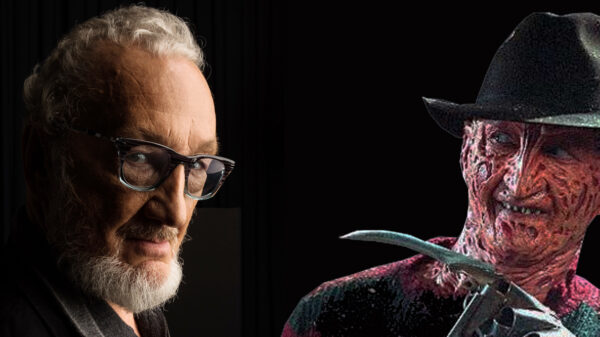






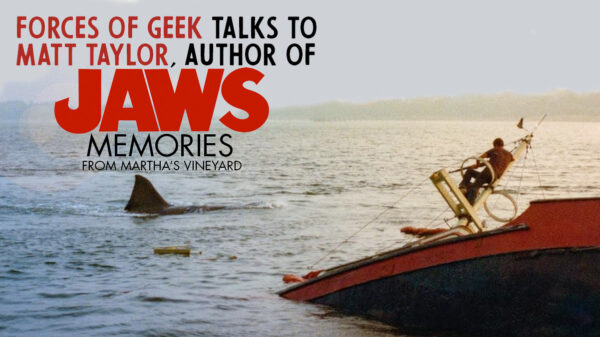












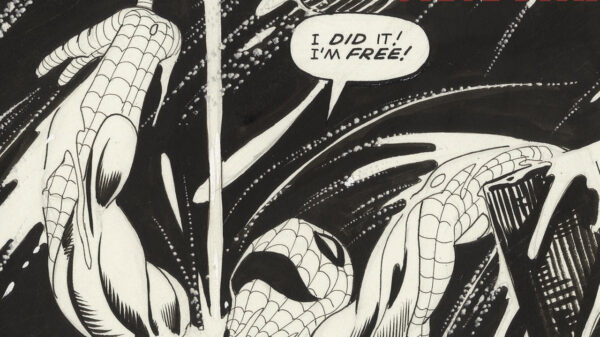



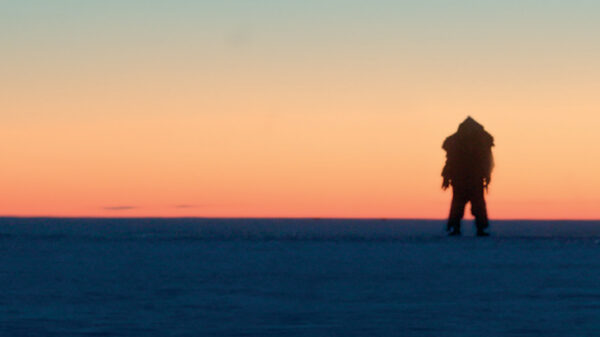
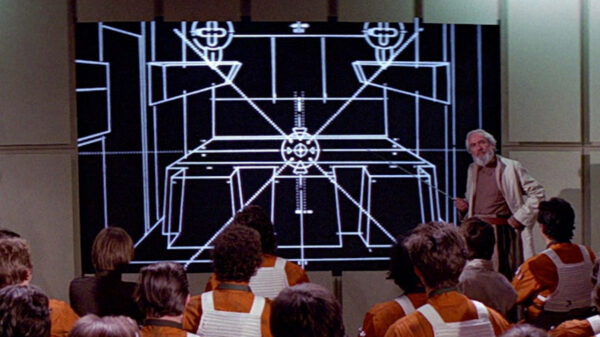









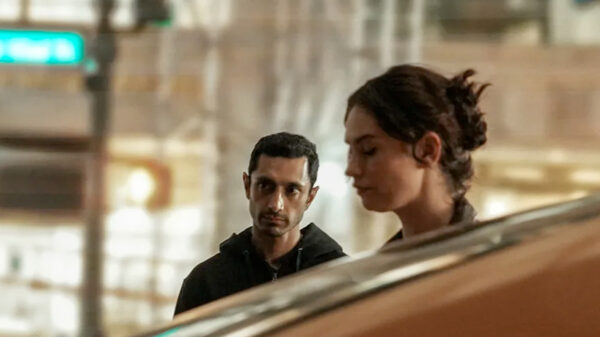
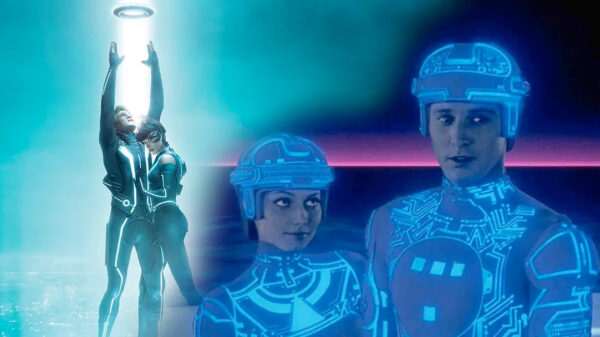
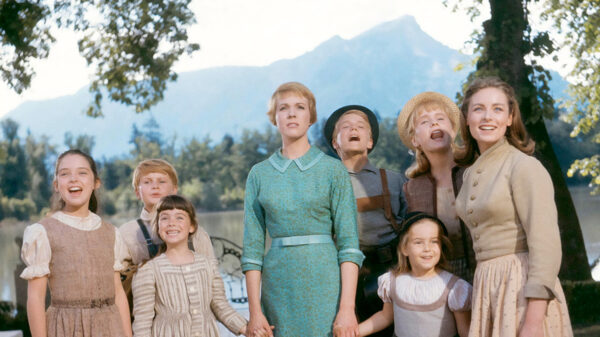
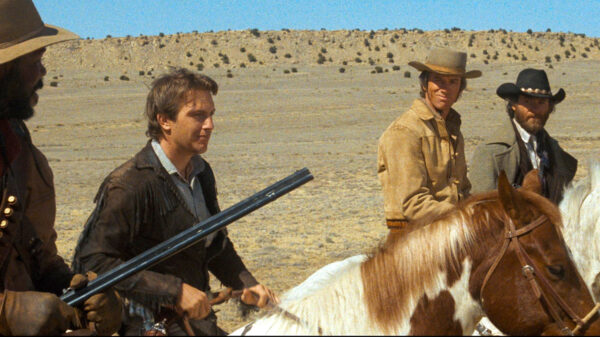
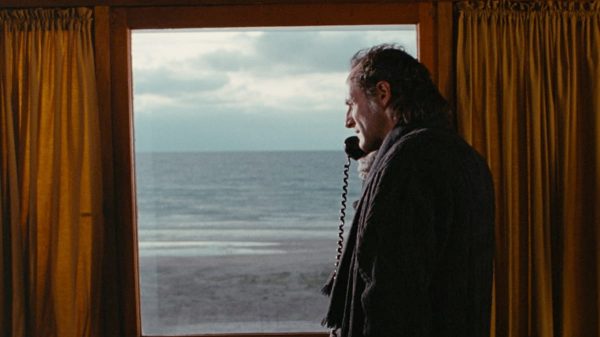
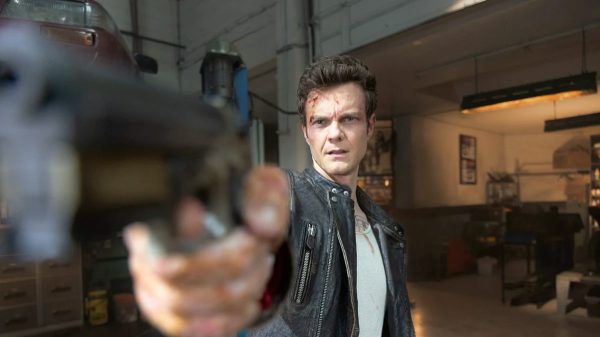

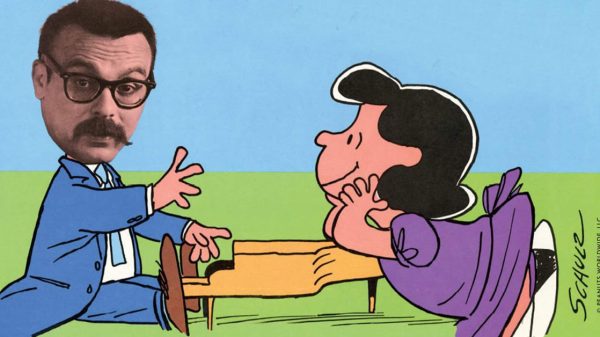
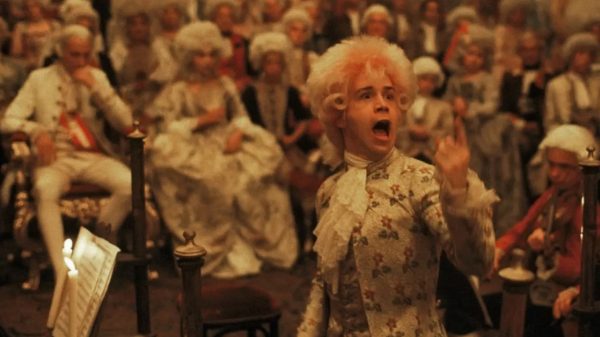








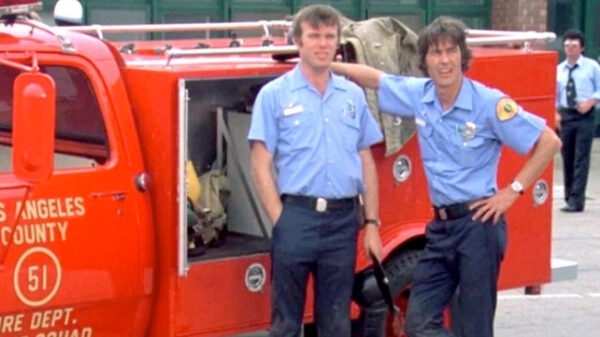
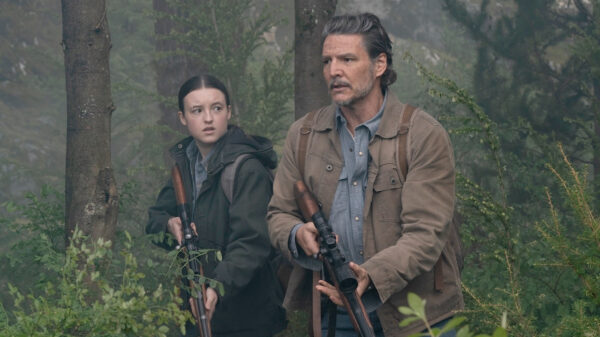
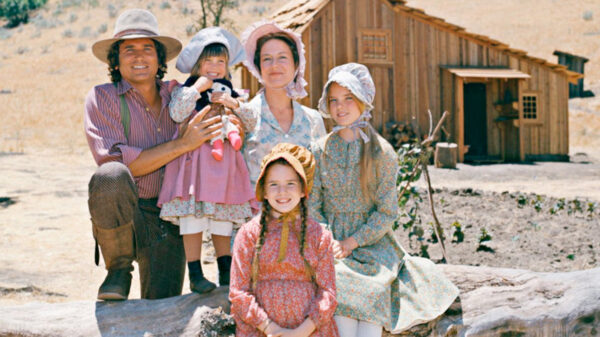
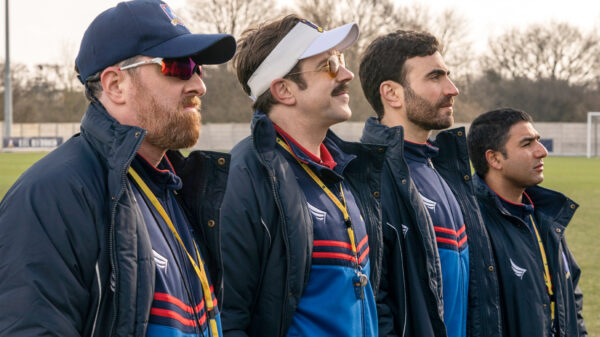




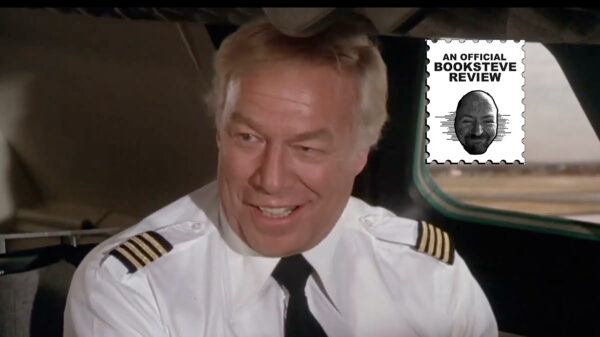
























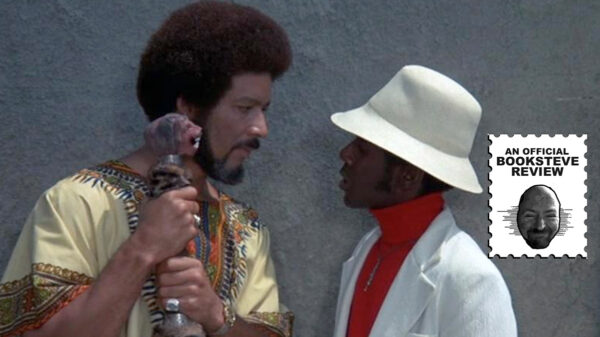
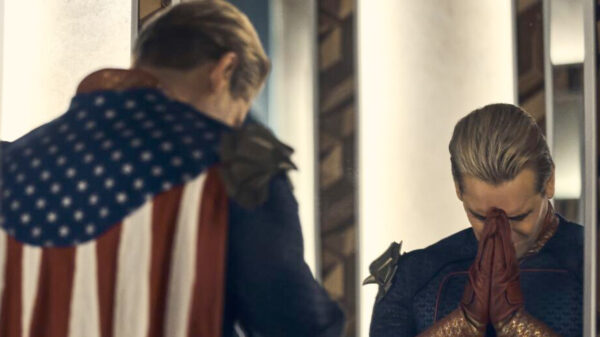











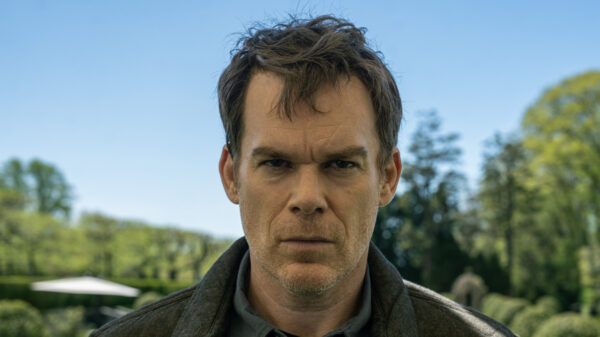
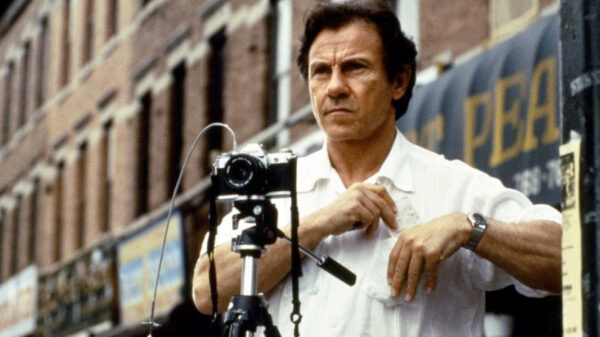
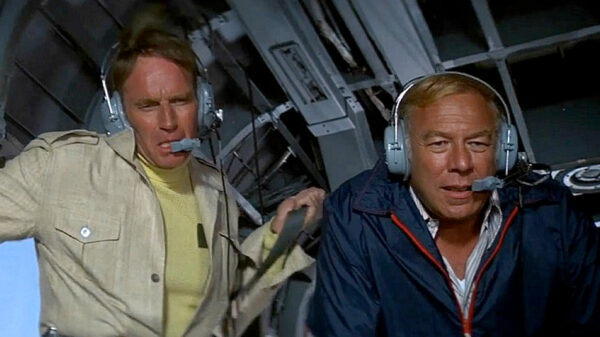
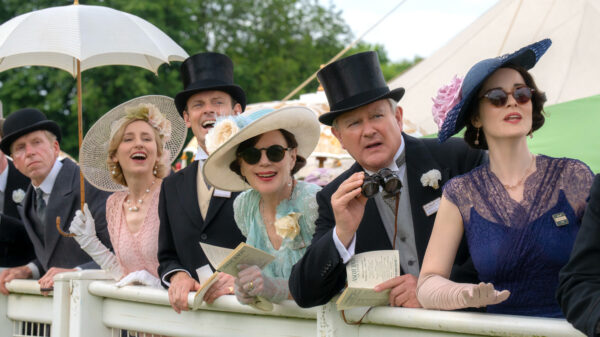


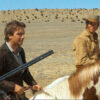
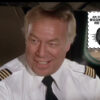
You must be logged in to post a comment Login